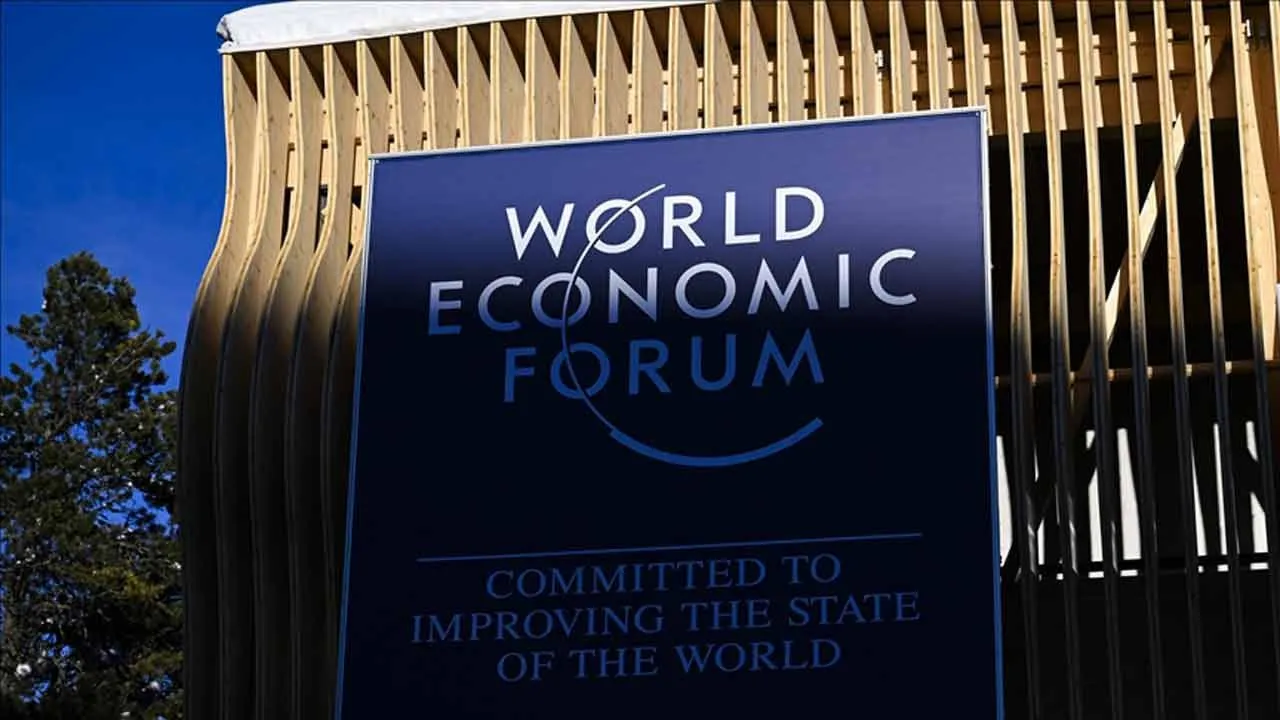According to Bloomberg, Türkiye has decided to boycott the World Economic Forum (WEF) in Davos for another year in response to the ongoing situation in Gaza. This decision reflects Türkiye’s stance on international issues and its commitment to advocating for humanitarian concerns.
Turkish President Recep Tayyip Erdoğan has confirmed the decision to boycott the WEF meetings in Davos due to the war in Gaza. Consequently, senior economic officials are also expected to refrain from attending this month’s event.
As reported by Bloomberg’s Fırat Kozok, sources who wished to remain anonymous indicated that unless there is a change in President Erdoğan’s decision, Treasury and Finance Minister Mehmet Şimşek and Central Bank Governor Fatih Karahan are not expected to participate in the meetings. It is noted that this decision has not yet been publicly announced.
The summit in Davos is scheduled to begin on January 20 this year.
No Mention of Türkiye While the Presidency and the Treasury and Finance Ministry have not yet commented on the matter, a spokesperson for the WEF, which hosts the meetings in Davos, stated in an email response that the humanitarian situation in Gaza, developments in Syria, and the overall geopolitical and security landscape of the region will be high on the forum’s agenda. However, the email did not mention Türkiye, and the spokesperson added, “In this context, we expect to host many important Arab leaders.”
The Davos Meetings, officially known as the Annual Meeting of the World Economic Forum (WEF), is a significant global event held annually in the town of Davos, Switzerland. This gathering brings together some of the world’s most influential leaders to address global economic, social, and environmental issues, develop solutions, and create visions for the future.
Importance of the Davos Meetings
- Meeting Point for Global Leaders: The forum serves as a platform for heads of state, government officials, business leaders, representatives from civil society, and academics from around the world to come together.
- Setting the Agenda: The meetings focus on the most pressing global issues, such as climate change, inequality, and technological advancements, helping to shape the agenda for the coming year.
- Collaboration and Partnership Solutions: Participants have the opportunity to collaborate and forge partnerships to find solutions to global challenges.
- Emergence of New Ideas: Attendees from various disciplines share innovative ideas and insights, contributing to projects that can shape the future.
Topics of Discussion
The Davos Meetings typically cover a range of topics, including:
- Global Economy: Issues related to economic growth, trade wars, and financial stability.
- Climate Change: Discussions on sustainability, renewable energy, and environmental challenges.
- Technological Advancements: Topics such as artificial intelligence, biotechnology, and digital transformation.
- Politics and International Relations: Geopolitical risks, international cooperation, and security concerns.
- Social Inequality: Issues surrounding income inequality, poverty, and education.
These elements highlight the significance of the Davos Meetings as a crucial platform for dialogue and action on global challenges.

